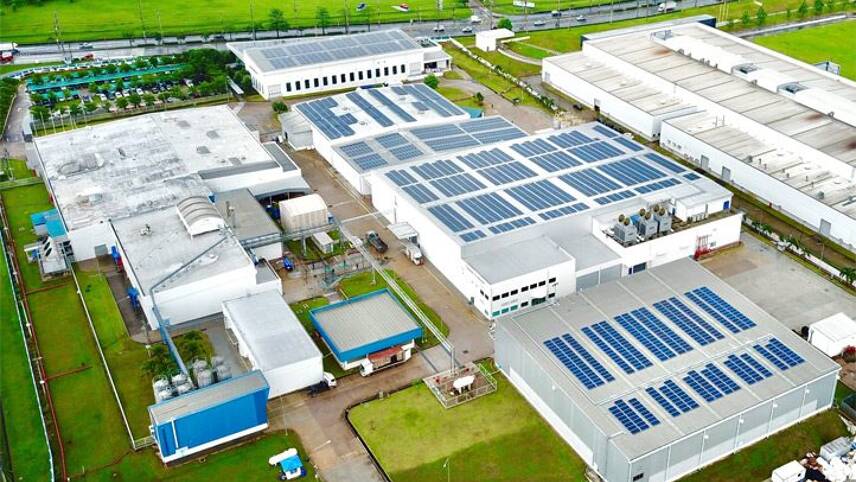Register for free and continue reading
Join our growing army of changemakers and get unlimited access to our premium content

The Taskforce was setting up after it was recommended by Chris Skidmore MP’s Net-Zero Review
Tetra Pak has committed to reaching net-zero emissions for the value chain by 2050 and has confirmed that it will set reduction goals through the Science Based Targets (SBTi) initiative, across scope 1,2 and 3 emissions.
“We have consistently delivered on our climate goals, right from the first goal set in 2002, again in 2005 and we are on track to meet our 2020 goal. In 2017, we were the first company in the food and beverage industry to have our climate impact reduction targets approved by the SBTi,” Tetra Pak’s executive vice president of packaging solutions and commercial operations, Lars Holmquist, said.
“Today, we’re once again leading the way by setting ambitious net zero emissions targets that will drive transformation right across our sector and the entire value chain. The planet’s greatest environmental challenge demands nothing less from us.”
Tetra Pak has a long history of environmental performance, having started collecting energy usage and GHG emissions data in 1999.
More recently, Tetra Pak has joined the European Alliance for Green Recovery. Coordinated by Pascal Canfin, Chair of the Environment Committee at the European Parliament, the Green Recovery alliance consist of 180 political decision-makers from 11 countries, 79 cross-party MEPs from 17 Member States, 37 chief executives, 28 business associations representing 10 different sectors, trade union confederation representing members from 90 national trade union organisations and 10 trade union federations, seven NGOs and six think tanks.
The alliance commits signatories to work collaboratively to create and deliver bespoke post-crisis green investment packages to help the pan-European economy market recover, while also mobilising plans that place climate change mitigation and biodiversity at the heart of any stimulus plans.
Steps to net-zero
Tetra Pak has already outlined some steps that will assist the net-zero trajectory. The company will target improvements in energy efficiency and couple that with onsite solar installations and purchasing renewable energy.
The company is part of the Climate Group’s RE100 renewables initiative and has installed around 2.7MW of solar PV on its facilities. Renewables integration has grown from 20% in 2014 to 69% in 2019 and Tetra Pak claims it is on course to reach an 80% target by the end of the year.
Tetra Pak is also working with suppliers to cut value chain carbon emissions and is encouraging select firms to set their own renewable energy targets.
Recycled materials are also a key focus for the company, which will assist with the net-zero transition. The company is widely known for its bio-based cartons, and believes that the circular economy will enable a net-zero transition.
This point has been echoed by the Ellen MacArthur Foundation. The Completing the Picture: How the Circular Economy tackles Climate Change report, published by the Foundation (EMF), in collaboration with Material Economics, found that moving to renewables across the globe will only address 55% of greenhouse gas emissions. To tackle the remaining 45%, the paper notes that transitioning to close-loop value chains, diet shift, emerging innovations and carbon capture and storage are all required.
Matt Mace


Please login or Register to leave a comment.